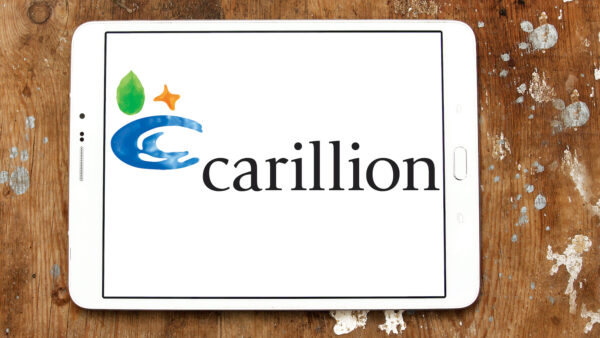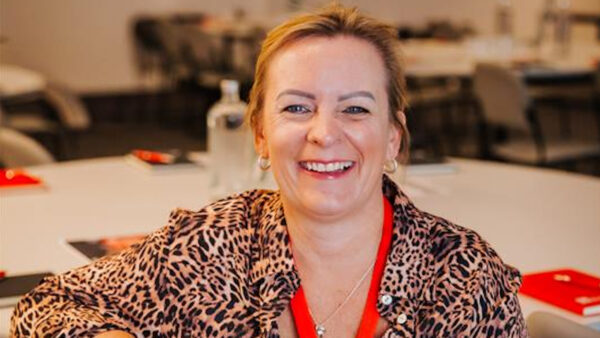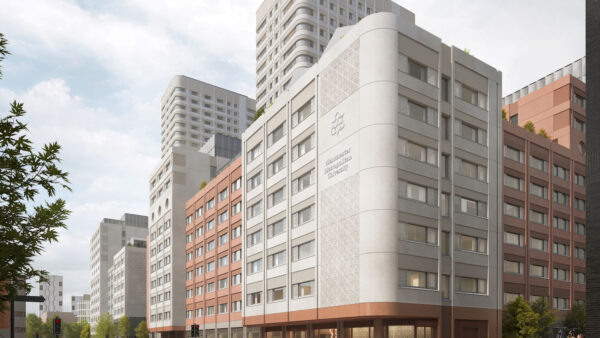This month marks the first anniversary of the Black Lives Matter protests, sparked by George Floyd’s death on 25 May 2020 in the USA. One year on, CM asks construction professionals from ethnic minority backgrounds if they feel racial attitudes in the industry are changing
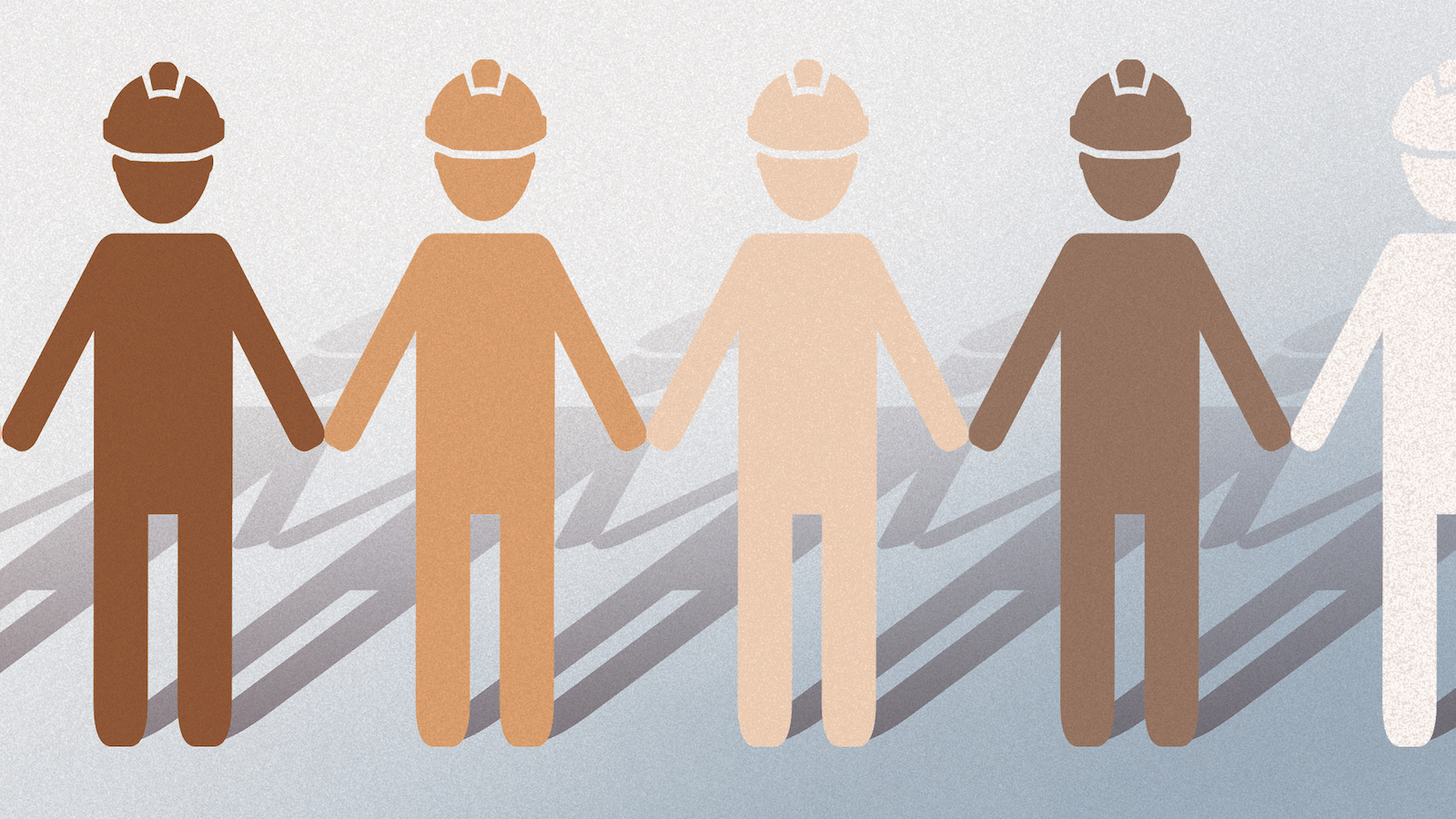
‘Build tolerance and “oneness”’
Professor Charles Egbu – vice-chancellor, Leeds Trinity University, CIOB past president
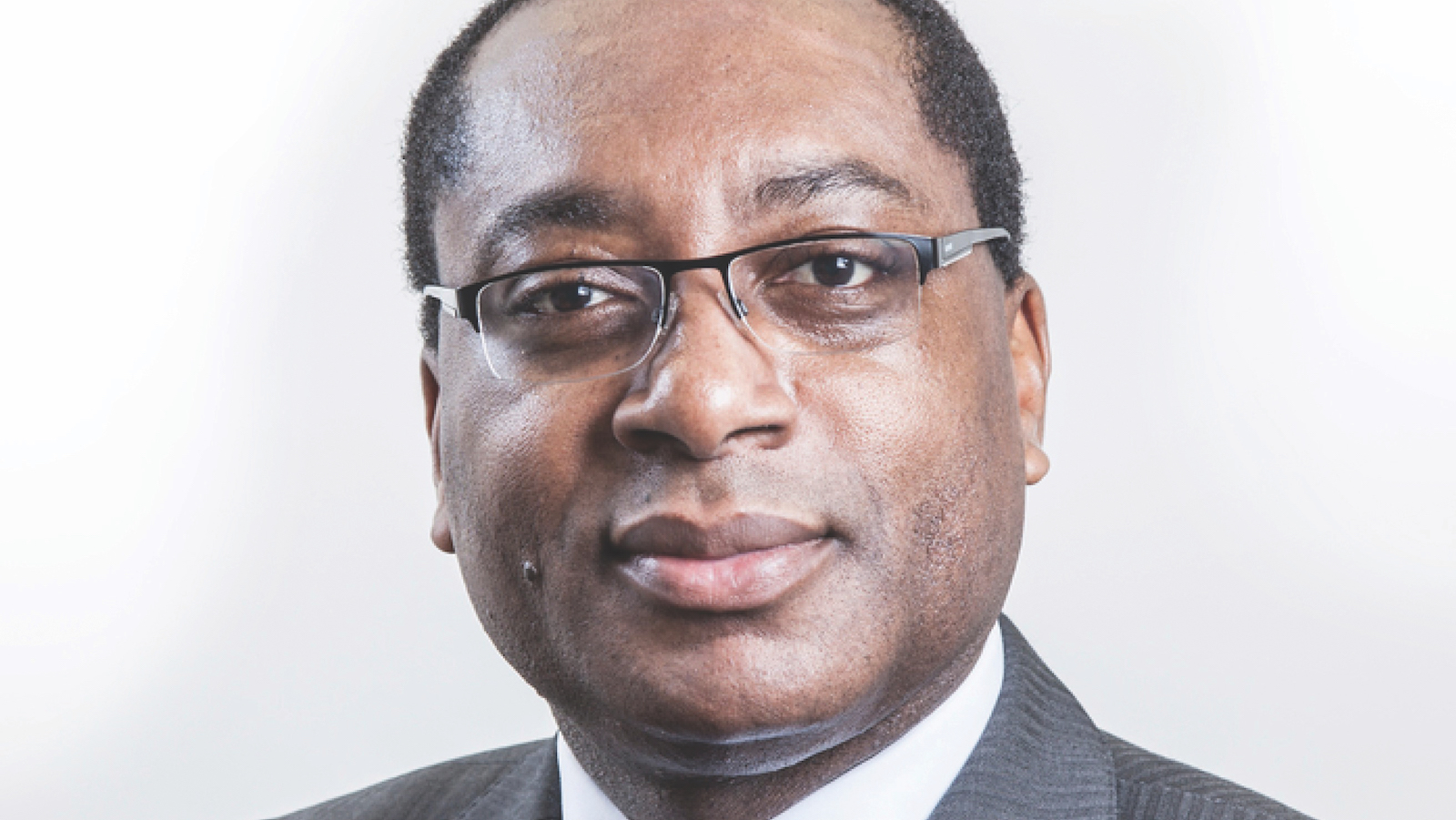
The last 12 months have been like no other. The death of George Floyd and the disproportionate impact of the pandemic on people from ethnic minorities have exposed longstanding inequalities for minority and marginalised communities. These disparities have been particularly evident in the UK, as a Public Health England report identified, noting that black men and women are two to three times more likely to die from covid-19.
There are lessons for us all from the past year. The pandemic has had an impact on construction output, employment, and the welfare and wellbeing of staff. A diverse workforce is important in seeing the industry through these difficult times. Construction organisations and individuals need to build appropriate cultures and environments and ‘spaces’ that engender open discussions, tolerance and ‘oneness’.
The industry has faced difficult times before and it is through coming together and caring for one another that it has been able to bounce back quicker, stronger and better.
‘We’re still not being heard’
Dean Jones – director for strategic projects, Cranfield University
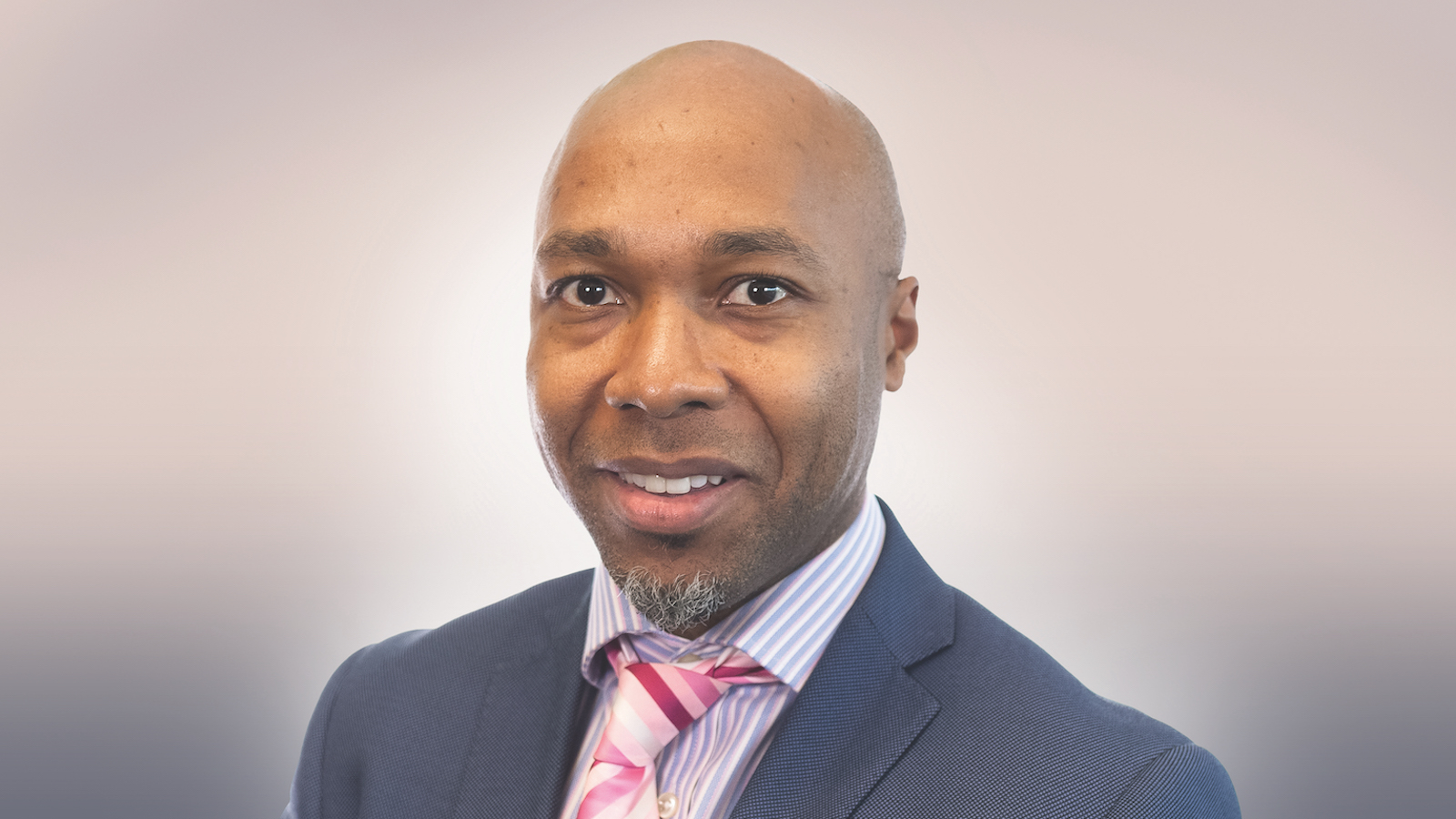
Sadly, in my opinion we’re still not being heard. The unjust death of George Floyd and the Black Lives Matter (BLM) movement ignited conversations on issues of representation in the construction industry. However, almost one year later, from conversations with fellow ethnic minority professionals, there’s been little follow-through from their employers.
The recently published Sewell report also missed a big opportunity as it lacks scientific expertise, is highly selective in its coverage and framing, and will sadly do little to address the challenges we face, as it encourages the idea that issues of racism and discrimination are not institutional problems.
Meanwhile, the employment sectors with the highest proportion of furloughed jobs and redundancies have disproportionate numbers of workers from ethnic minority backgrounds. There needs to be accelerated progression and an increase in balanced representation of ethnic minorities in the workplace at all levels.
‘The narrative disregards BLM’
Sumita Singha – architect, author and academic
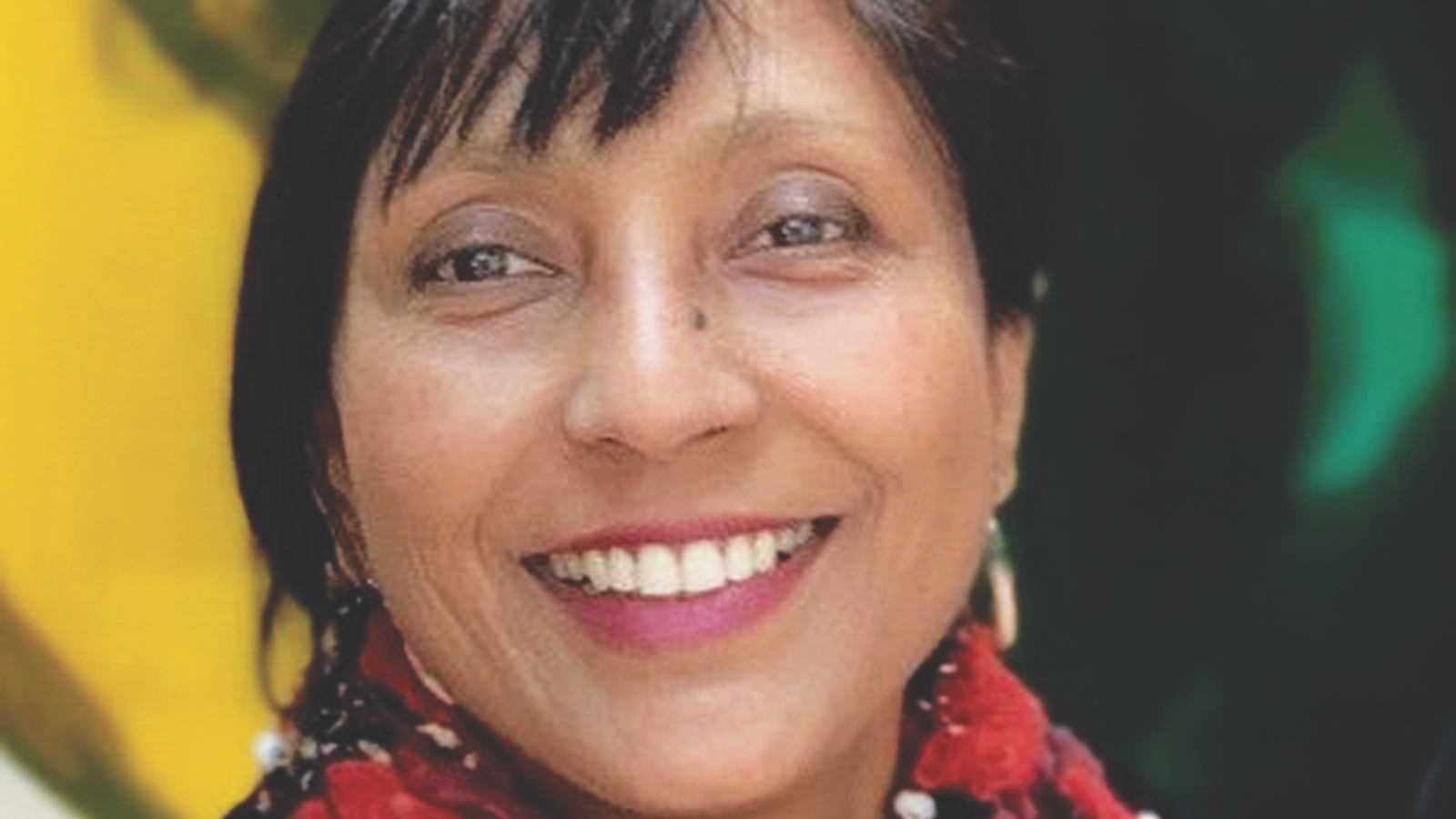
The last year has been dramatic and cruel: a pandemic that took the lives of so many, but particularly the poor and vulnerable, and the death of George Floyd made the entire world look again at the continuance of racist beliefs.
The recent Commission on Race and Ethnic Disparities report made uncomfortable reading, not just because its recommendations are not new but also because the narrative appears to disregard the very issues that brought about the BLM movement. In the built environment, studies show that non-white students fare much worse than white students in the UK, while gender and ethnic pay gaps remain across the industry.
‘Racism is everyone’s business’
Kye Gbangbola – founder, Total Eco Management
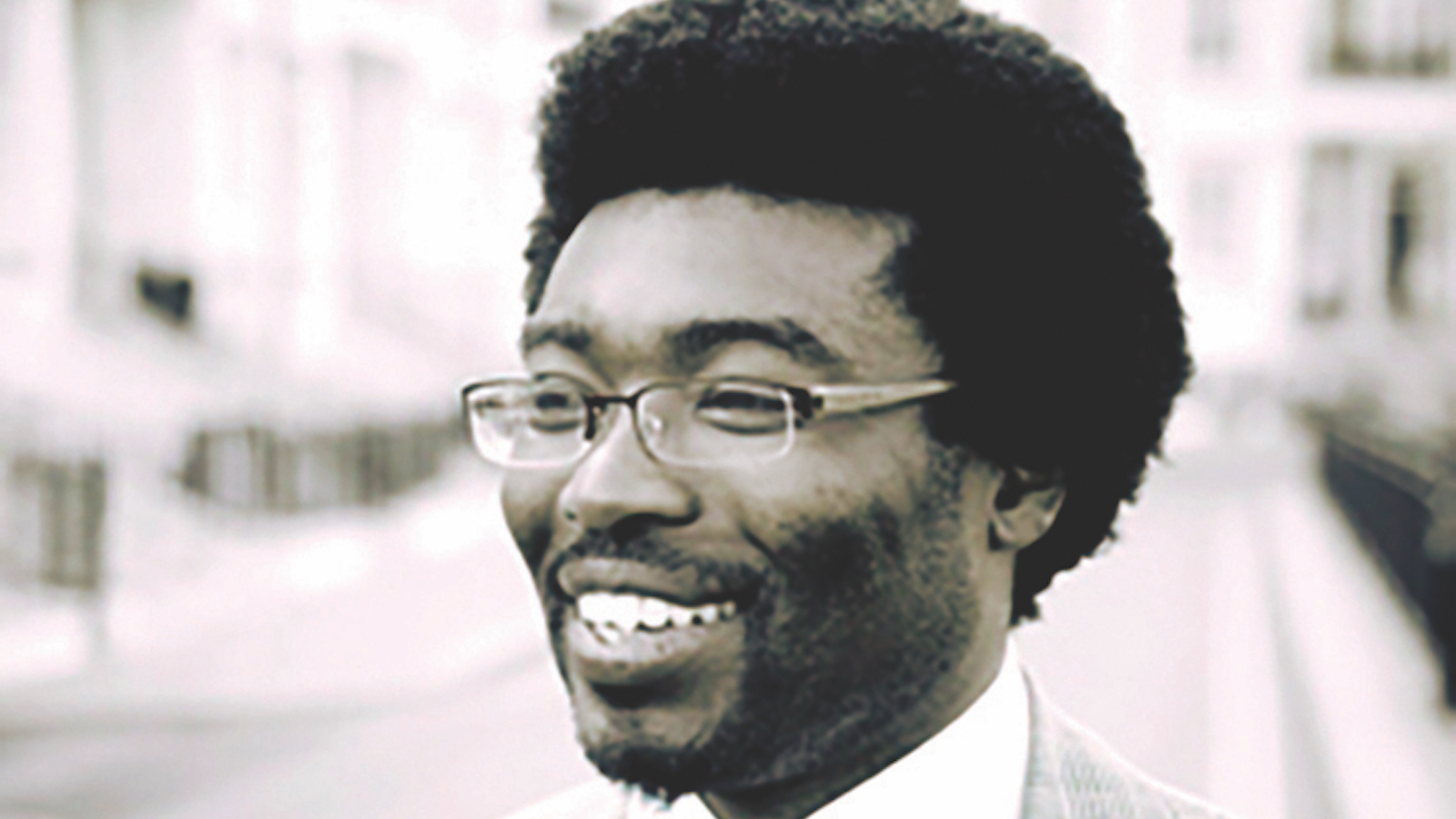
It is important to highlight that most people of all ethnicities want an end to racism and inequality.
But the government’s racial disparities report weaponises racism; it is steeped in denial, is deeply divisive, and lacks integrity and leadership.
When there is denial, as we see with climate change, anti-semitism, female safety and plenty more, it is hard to fix the problem – especially when the laws and safeguards clearly do not work. These failures in equality have catastrophic, acute and chronic consequences. But if we want to change the narrative, we must ‘build back better’ with a system that works for all.
Racism is everyone’s business; its removal should be central to a thriving community that lifts humanity and enhances access to the resources we all need. I remain an optimist that George Floyd’s death and the demonstrations that ensued will prove to be a landmark moment and a springboard for change to the world Dr Martin Luther King dreamed of.
‘Challenge the social construct’
Alan McKenzie – project design manager, BDP
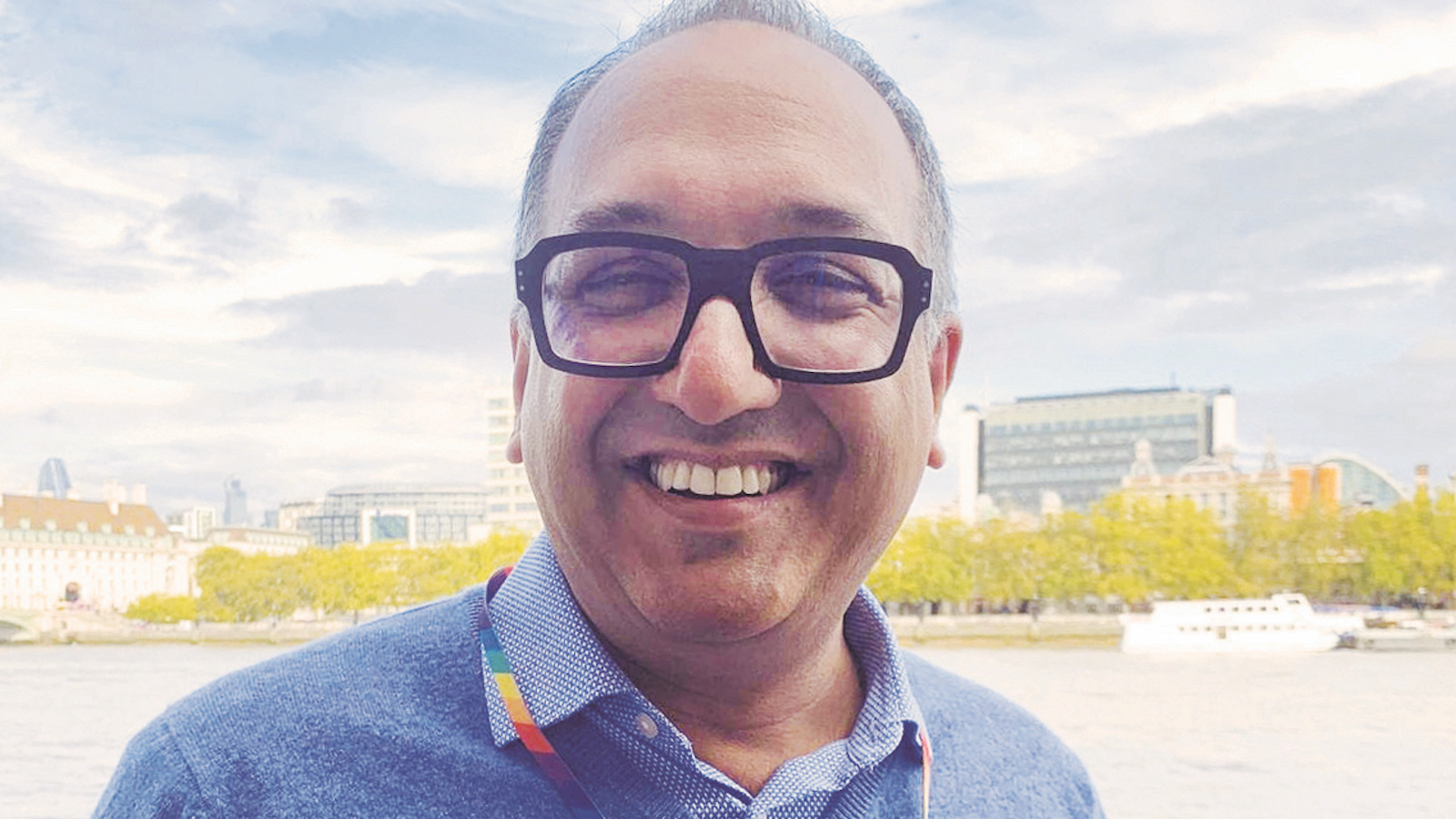
At my place of work, I have seen increased awareness in light of the BLM protests in London, and efforts to challenge the social construct that we find ourselves in.
Personally, being part of the equality, diversity and inclusion (EDI) group within the CIOB London Hub has provided a broader understanding and experience. What I have discovered is that despite my mixed heritage, I have benefited from white privilege within my career. I have also had opportunities to host debates at work, not just on the subject of ethnicity but across wider diversity issues, and provide a platform for debate. These have been brave conversations, challenging moral value.
Staff from ethnic minority backgrounds within our workplace need to be encouraged to contribute, as I believe without their voices EDI will become another talking shop or echo chamber. We have an opportunity to make our industry become more inclusive, without it being another token gesture; we need to make this fundamental change.
‘Still unequal and unrepresentative’
Angelene Clarke – architectural consultant, Bearded Ladies
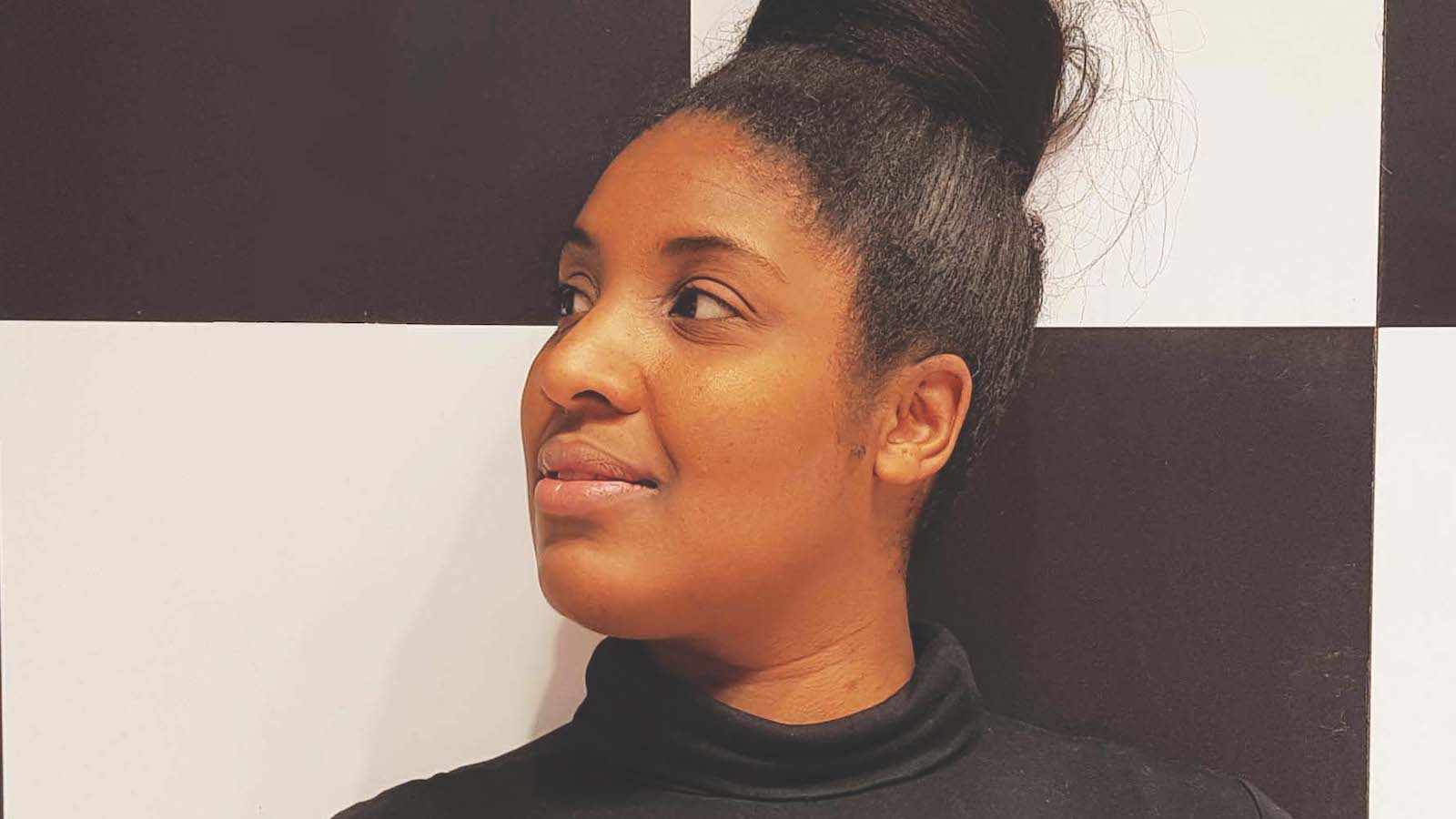
The BLM movement offered open discussion and opportunity to consider new perspectives in industry, one that entertained equity. But the industry is still unequal and unrepresentative.
The protests caused us all to rethink how we can do things better. Employers implemented tools to drive meaningful change. A lot of companies put diversity and inclusion clauses in their supply chain contracts. However, these policies seem tokenistic, a quick fit to compliance with anti-discriminatory national policy. Suddenly “we are all diverse”, just because the ‘eyes’ are on the company, not because they believe in it.
The question remains, how can we look forward to achieving practical and lasting change? There are still sceptical people in leadership – and this is what stops change. Ambitious black workers, including professionals, are still not promoted on to boards or given executive leadership roles. Diversity in supply chains is rarely monitored
or celebrated.
‘Let’s unite to be a progressive industry’
Anjali Pindoria – project surveyor, Avi Contracts

When I spoke to CM last year (March 2020) about my experiences surrounding race, there was a level of negativity in my comments because I was calling out my own experiences. I have since considered whether it was worth speaking out – and risking my whole career. I also wondered how many other ethnic minority professionals in construction do not come forward – for fear of being singled out even more, or potentially losing business.
This year, I was one of three female guest editors for CM’s March issue, focusing on women in construction, and the praise received was beyond positive. Whether it is because of the BLM movement or the pandemic, I sense that people have woken up to the realisation that we are all the same and must unite in everything we do to be a progressive society – and industry.
The cultural change has a long way to go, and time will tell if the past year has created a bigger divide among us – or inspired more advocates for positive change. I know what I want to see, what about you?



